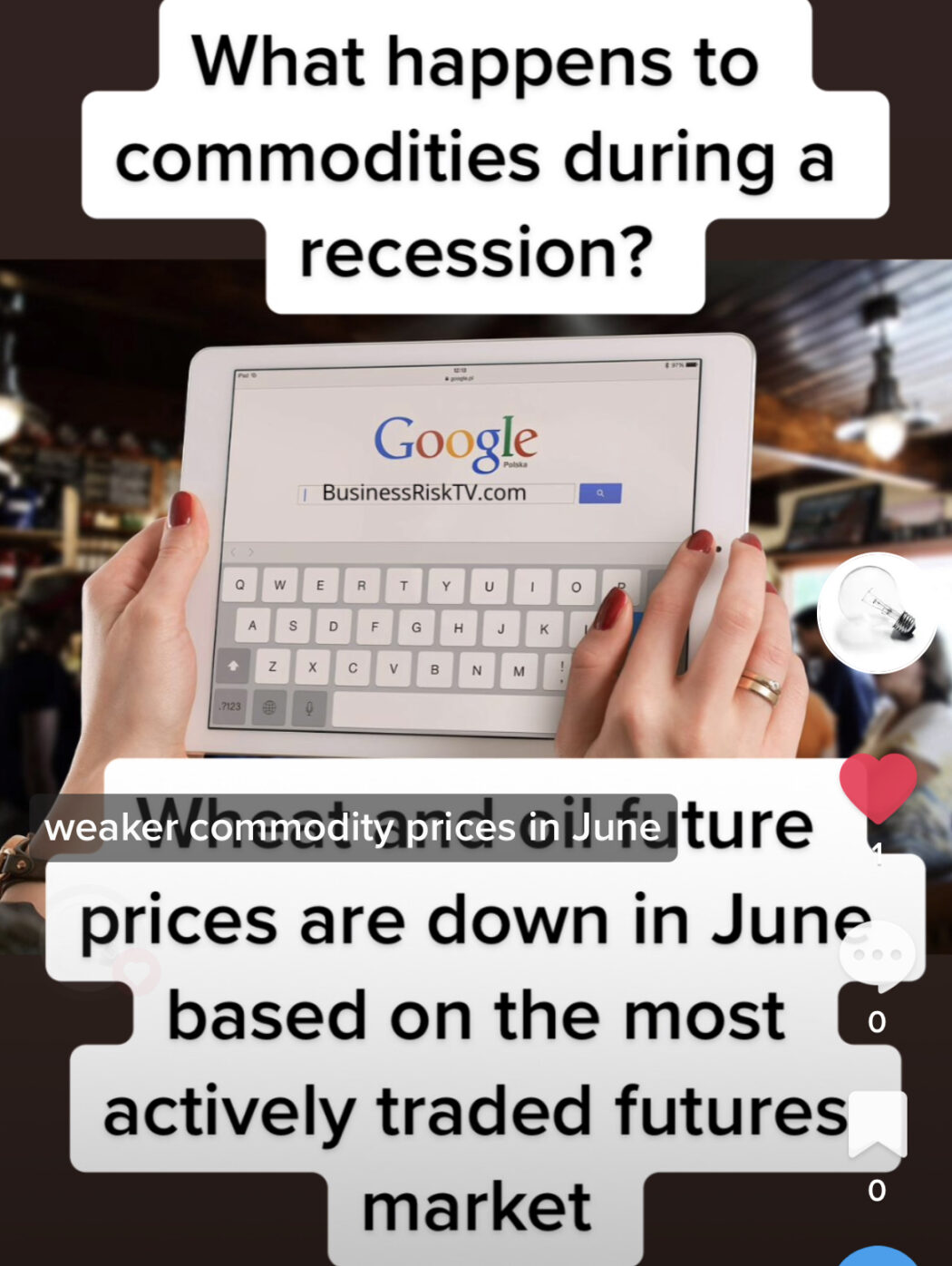A Shrinking World: Strategies for Business Growth in a Declining Population
A recent study by the Institute for Health Metrics and Evaluation (IHME), published in The Lancet, paints a picture of a world with a shrinking population by the year 2100. This demographic shift, driven by falling fertility rates, presents significant challenges for businesses across the globe. However, amidst the potential disruption, there are also opportunities for those who can adapt and innovate.
This article explores the implications of a declining population for businesses and outlines actionable strategies to navigate this new reality.
Understanding the Impact
Falling fertility rates translate to a smaller workforce, impacting both the supply of labor and the overall size of the consumer market. Here’s a breakdown of the key challenges:
- Labour Shortage: A shrinking workforce pool will make it harder to find qualified employees. This could lead to wage inflation and potentially hinder business expansion plans.
- Shifting Consumer Demographics: An aging population means a decrease in demand for certain goods and services traditionally targeted towards younger demographics. Businesses that cater to families with children or young professionals might see a decline in sales.
- Social Security Strain: With fewer working-age adults supporting a larger elderly population, social security systems may face financial pressure. This could lead to increased taxes or reduced benefits, impacting disposable income and consumer spending.
Strategies for a Shrinking World
Despite the challenges, there are strategies businesses can employ to thrive in this new environment:
- Embrace Automation and AI: Investing in automation and artificial intelligence (AI) can help offset labour shortages by automating routine tasks and improving efficiency. This allows businesses to do more with less manpower.
- Focus on Innovation: Developing new products and services catering to the needs of an ageing population is crucial. This could include healthcare solutions, senior living facilities, or products designed for increased accessibility.
- Reskilling and Upskilling the Workforce: Companies can invest in training and development programmes to equip existing employees with the skills needed for new technologies and changing market demands.
- Attract and Retain Talent: In a competitive job market, attracting and retaining top talent becomes even more important. Businesses can do this by offering competitive compensation packages, flexible work arrangements, and a positive work culture.
- Embrace Diversity and Inclusion: A shrinking workforce necessitates tapping into all available talent pools. Diversity and inclusion initiatives that attract women, minorities, and older workers can be a game-changer.
- Expand into New Markets: Businesses can explore opportunities in countries with higher fertility rates or younger populations. This may involve setting up operations overseas or catering to these demographics through exports.
- Sustainability and Resource Optimisation: A smaller population might lead to a decrease in resource consumption. Businesses can adapt by focusing on sustainability, developing resource-efficient products, and minimising waste.
- Invest in Customer Experience: With potentially fewer customers, businesses need to prioritise customer loyalty and satisfaction. Building strong relationships and providing exceptional customer experiences will be critical for retaining a shrinking customer base.
- Leverage Technology for Marketing and Sales: Marketing and sales efforts can be optimised by utilising big data and analytics to identify and target specific customer segments more effectively.
Examples of Business Adaptation
Several companies are already taking steps to adapt to a shrinking population:
- Manufacturing: Companies are investing in automation and robotics to reduce reliance on manual labour.
- Healthcare: Businesses are developing products and services catering to the growing elderly population, such as home healthcare solutions and assisted living facilities.
- Retail: Retailers are focusing on online shopping experiences and offering delivery services to cater to a more homebound population.
A Call to Action
The declining global population is a long-term trend, but the effects will vary by region and industry. Businesses that proactively recognise this shift and implement adaptation strategies will be best positioned for continued success. By embracing innovation, reskilling their workforce, and catering to the needs of an aging population, businesses can not only survive but also thrive in this new demographic landscape.
Looking Forward
The future may hold a smaller global population, but it also presents exciting opportunities for innovation and growth. Businesses that are proactive and adaptable will be the ones to shape this new economic landscape. The time to plan for a shrinking world is now.
Get help to protect and grow your business
Subscribe for free business risk alerts and risk reviews
Read more business risk management articles







